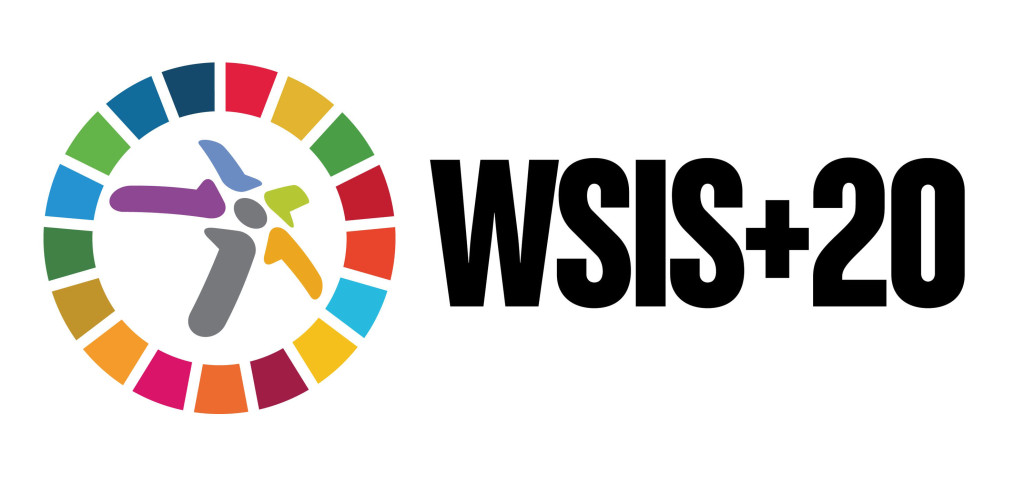Egypt, Jordan and Lebanon call for stronger Global South participation and permanent IGF in WSIS+20 outcome
Egypt, Jordan, and Lebanon have jointly called for stronger Global South participation and the permanent establishment of the Internet Governance Forum as a UN body in their submission to the WSIS+20 Zero Draft.

In a joint submission to the WSIS+20 Zero Draft, Egypt, Jordan and Lebanon have presented coordinated recommendations aimed at strengthening the multistakeholder model, ensuring equitable participation from developing countries, and reaffirming human-rights-based digital development. Their contribution combines general input on the overall draft with a dedicated section on internet governance.
The three governments endorse the WSIS+20 vision of a people-centred, inclusive, and development-oriented information society, and welcome the reaffirmation of the 2030 Agenda, the Global Digital Compact, and the Pact for the Future. They also call for alignment with the NETmundial+10 Multistakeholder Guidelines, describing them as a framework for transparent and consensus-based digital cooperation.
The submission highlights priorities for the Global South, including greater access to financing for digital infrastructure, regional partnerships to bridge digital divides, and support for crisis-affected economies through concessional funding. It also encourages the creation of interoperable regional digital payment systems and identity frameworks to boost cross-border trade and digital inclusion.
The countries back stronger measures on environmental sustainability, calling for renewable-powered data centres, e-waste management, and technology transfer to support developing nations’ green digital transitions. On AI governance, they support the establishment of a UN-led AI research programme and a capacity-building fellowship focused on developing countries.
In their internet governance section, Egypt, Jordan, and Lebanon reaffirm the Tunis Agenda definition of internet governance and stress the need for transparency, inclusivity, and balanced participation between multilateral and multistakeholder processes. They call for broader engagement of developing countries, particularly from Africa, least developed and landlocked states, and small island developing nations.
The joint document supports making the Internet Governance Forum (IGF) a permanent UN body, strengthening its secretariat, securing sustainable funding, and enhancing the participation of underrepresented groups. It also recommends integrating national and regional IGFs more closely into global processes so their recommendations are reflected in official reports.
The three countries conclude by reiterating their commitment to an inclusive, balanced WSIS+20 process that ensures the voices and priorities of developing countries are reflected in the final outcome.


